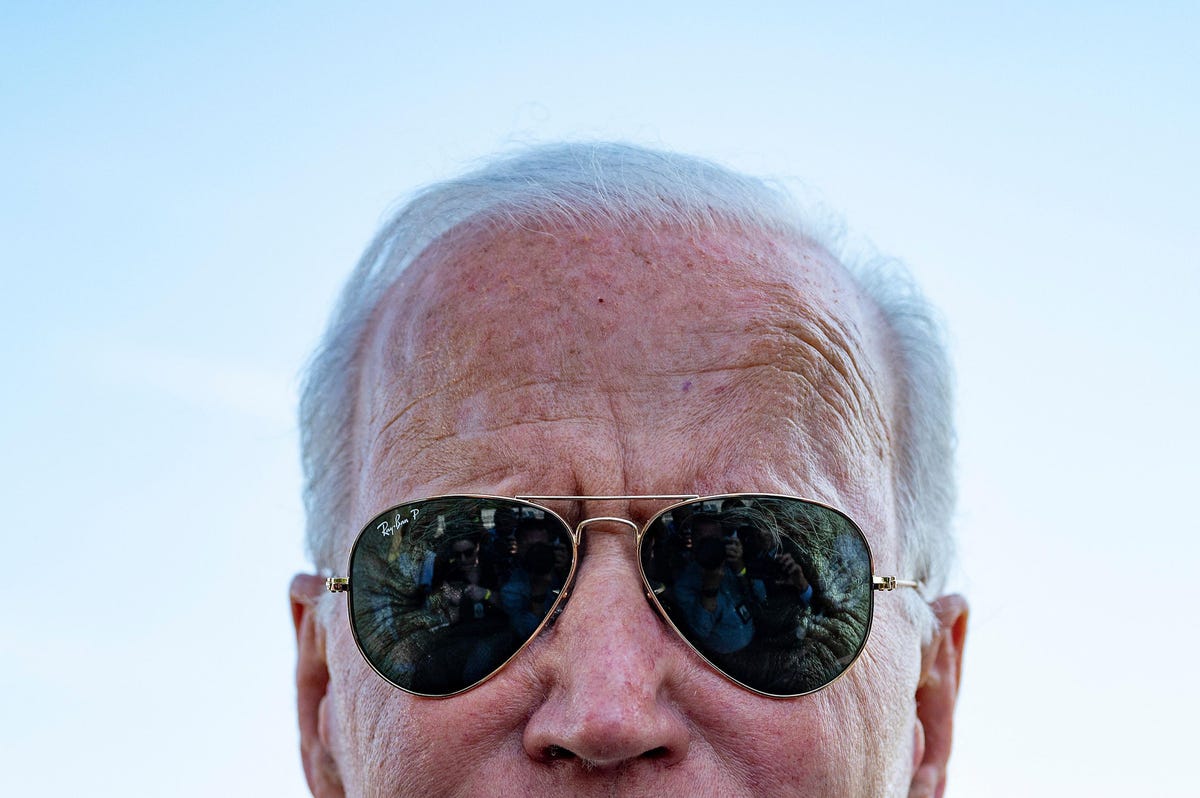Specialists warn that social media might pose an actual risk because it might be a gateway for service members … [+] to be focused by international risk actors
Earlier than the varied social media networks grew to become a spot to see echoes of 1’s political beliefs and to name out those that you disagreed with, most of the providers had been the place you merely shared some ideas of the day together with a photograph or two. Fewer folks really do that as we speak, and maybe it will be good for the nation – dare it even be mentioned the world – if social media returned to being extra about social.
That mentioned, it seems one group could also be “oversharing” photographs and data greater than they need to, specifically these in uniform. This has been an ongoing drawback in recent times, and one The New York Times reported about in early 2019 after social media posts revealed some NATO secrets and techniques.
The Division of Protection (DoD) has needed to warn service members about sharing photographs from navy bases, whereas the U.S. Military has reminded troopers that when utilizing social media they have to abide by the Uniform Code of Navy Justice (UCMJ) always. That features not posting and even linking to materials that violates the UCMJ or fundamental guidelines of soldier’s conduct, whereas additionally not utilizing the platforms to share/publish unfavourable feedback about supervisors or to launch delicate data.
There are actually a number of considerations in how social media might be used nefariously by service members or to focus on them.
Focused By International Actors
Specialists warn that social media might pose an actual risk because it might be a gateway for service members to be focused by international risk actors. These brokers might attempt to befriend them and achieve their belief. These international {and professional} risk actors are sometimes very affected person and could also be biding their time, ready for the suitable second to bait or persuade them to supply private, enterprise, or different delicate data with a view to preserve their social community.
“Service members are distinctive as a result of they’ve a nationwide safety factor tied to their function,” advised Tom Garrubba, director of Third Get together Danger Administration (TPRM) skilled providers with Echelon Danger + Cyber. “They’re exceptionally ripe for international risk actors to attempt to befriend them and achieve their belief over time, solely to bait or persuade them to supply private, enterprise, or different delicate data with a view to preserve their social community. As human beings, now we have an ornate need to be ‘preferred’ and folks typically unknowingly then do issues irrationally with a view to preserve the vibe of their social community ‘constructive.'”
The issue might even be with the precise apps. Garrubba advised that service members do their finest to analysis who has developed or owns the app and the way knowledge is captured or shared.
“Usually, these apps – like TikTok, WhatsApp, and others – permit the info to be despatched to locations resembling China and different geo-politically delicate areas with out the person having any thought as to what’s taking place behind the scenes,” Garrubba continued. “If a service member was to make use of any such app, it will be very sensible to not talk about something delicate about you, your loved ones, your place, or to touch upon strategic or political affairs. Service members should understand such feedback reside on-line without end and can be utilized by anybody with the try to entice, goad, or threaten you or the folks near you.”
Spear Phishing
Service members may be focused a lot in the identical means as these within the enterprise world. Usually occasions what one shares on social media supplies the small print that assist the unhealthy actors. From right here spear phishing campaigns may be employed.
“Spear phishing is concentrated completely on the flexibility of risk actors to focus on a community with related and extremely custom-made data,” warned Dr. Darren Williams, CEO and founding father of cybersecurity agency BlackFog. “The perfect assaults are those that seem so actual that nobody even notices. The risk is actual when the gadget has been compromised and your private knowledge is leaked on the Web and when folks they know have been victims of an assault.”
Like everybody else as we speak, service members should be cautious about not solely what they publish, however the hyperlinks they click on on. It’s all too straightforward to be tricked into clicking the improper hyperlink on a social platform mentioned Dr. Williams. “The complete focus of risk actors is to make you click on on one thing with a view to ship their payload, so avoiding direct clicks and redirections to different websites which make you obtain a file will restrict your publicity dramatically.”
Watch The Photographs
Throughout the Second World Conflict, every bit of mail despatched to/from a service member was fastidiously screened. Right this moment, service members can inadvertently share an excessive amount of just by snapping a photograph and posting it.
“Photographs posted to social media can pose vital power safety dangers,” defined Jake Williams, government director of cyber risk intelligence at SCYTHE.
“Adversaries viewing photographs of navy models can assess kind and situation of kit in use, perceive the structure of installations to be used in focusing on, and study of safety measures in place,” added J. Williams. “Photographs with geographic tagging, whereas more and more uncommon on social media websites, pose apparent operational safety dangers for these working outdoors of established bases. Even with out geographic tagging by EXIF knowledge, open supply intelligence (OSINT) can typically be used to pinpoint the placement the place a photograph was taken. The workforce at BellingCat is exceptionally good at this and repair members ought to count on that adversaries have similar (if not higher) capabilities.”
So what’s the reply given these potential threats?
“Service members have to apply sound operational safety (OPSEC) and actively handle their on-line presence. It’s crucial that they use the safety settings offered by every on-line platform and reduce their public data footprint,” mentioned Matthew Marsden, vice chairman of technical account administration at privately held cybersecurity and techniques administration firm Tanium. “It may be tempting to share photos and details about work-related journey however doing so can unintentionally expose delicate data.”






